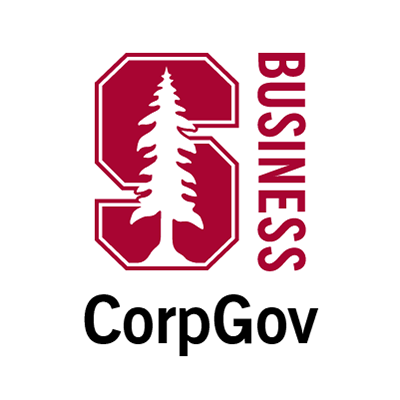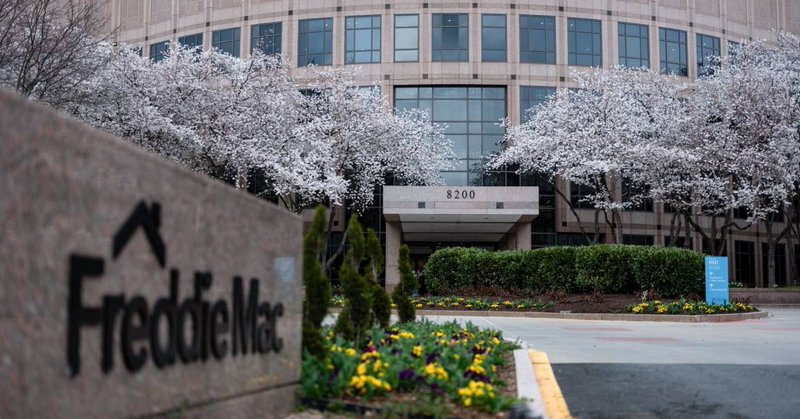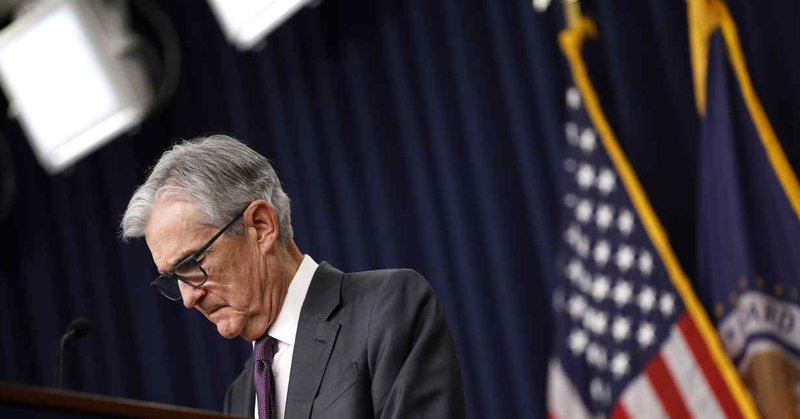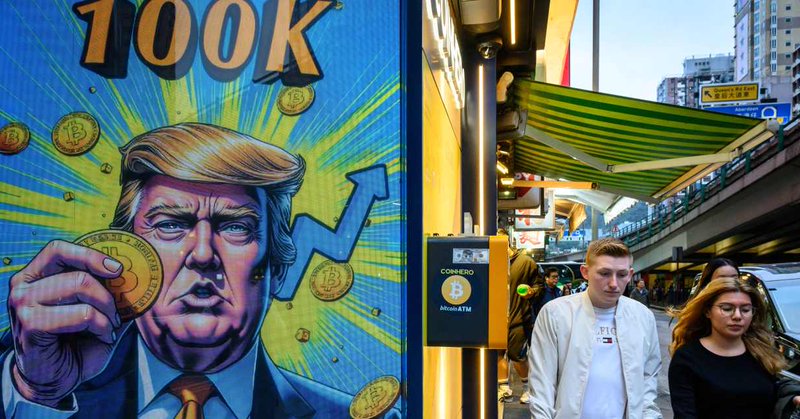
StanfordCorpGov
@StanfordCorpGov
Followers
14K
Following
3K
Media
756
Statuses
9K
Corporate Governance Research Initiative, Stanford Graduate School of Business & Rock Center for Corporate Governance. Research by Professor David F. Larcker.
Stanford, California (USA)
Joined December 2009
Prof Amit Seru pens op-ed in WSJ: Genius Act gives regulatory clarity to stablecoins, but can they be trusted as a source of currency? Will they introduce new fragility to financial system?
wsj.com
The Genius Act brings more order to crypto, but the new currency it enables dresses old risks in new tech.
2
0
1
New research from Profs Larcker, McClure, Watts & Shi finds after racial controversies, companies announce significant investment in diversity hiring. Actual changes, however, are only superficial; shareholders punish companies for "diversity washing"
corpgov.law.harvard.edu
Key Findings Despite the heightened scrutiny firms face following DEI controversies, firms make only modest and largely superficial changes in their hiring. We estimate only a 0.8 percentage-point...
0
0
1
Prof Amit Seru writes Barron's op-ed about potential problems with private credit. Illiquid, opaque markets with low regulation are attracting capital. But the dangers and risk of their aggressive lending pose a risk to regulators and the public.
barrons.com
Illiquidity assets are endangering the private credit market, Amit Seru writes in a guest commentary.
0
0
0
Companies are dramatically reducing their climate and sustainability commitments. Were they unrealistic to begin with, or was the commitment never really there? #esg via @WSJ.
wsj.com
Some references to emissions reduction and other environmental efforts are being purged ahead of annual shareholder meetings.
1
1
0
Stanford Profs Amit Seru and Ross Levine argue in op-ed that Trump's war on regulators shines light on fundamental problem: how do we oversee gov't to ensure it is acting as intended? How can we increase transparency without weaponizing gov't?
barrons.com
The White House wants to hold the reins to agencies overseeing more than $150 trillion in financial assets, Ross Levine and Amit Seru write in a guest commentary.
0
0
1
Equilar posts list of 100 most highly paid CEOs. Includes mix of CEO with one time awards, and those with large annual total comp. How can a shareholder know whether their CEO is "worth it"?
equilar.com
Equilar’s annual early CEO pay study shows stock award values have soared
0
0
1
Prof Seru + Cochrane of Hoover Inst op ed in WSJ examines risks Freddie and Fannie pose to US housing market. Argue gov't needs to divest ownership and encourage competitive private market that can better serve and handle risk. #esg via @WSJopinion.
wsj.com
They now back more than 60% of new mortgages, versus roughly 45% before the meltdown in 2008.
0
1
1
Prof Amit Seru cited on "shadow banking." Argues private funds with long-term capital can aid with price setting in bond markets and boost resilience of the financial system. Regulators should focus on transparency - rather than than onerous rules. #esg
5
0
1
Profs Amit Seru and Ross Levine of Stanford argue the importance of an independent Fed, and what needs to be done to defend its independence. What damage will be done to US economy and dollar if Fed is "politicized?" via @BarronsOnline.
barrons.com
The economic stakes of Federal Reserve independence are immense, Ross Levine and Amit Seru write in a guest commentary.
1
0
0
Stanford Women on Boards/Stanford Rock Center are hosting event - "Leading with Optimism from the Boardroom" - Wed May 14 4pm. Event explores evolving role of board stewardship and the power to lead with optimism in times of rapid change. More info: #esg
0
2
1
Stanford Prof Amit Seru op ed in Barron's on President Trump and the conflicts with his promotion and investment in crypto currencies. Does the industry need promotion, or clear rules?
barrons.com
Trump-affiliated companies have launched the $TRUMP and $Melania meme coins, and now a new stablecoin. That undermines the legitimacy crypto has been seeking, Amit Seru writes in a guest commentary.
1
0
0
New Stanford Closer Look - The Artificially Intelligent Boardroom - examines in detail how AI will impact board processes, practices, and dynamics. Are directors equipped to respond to this change? #esg
3
9
8
Recent analysis from Equilar looks at whether and how companies make discretionary adjustments to CEO annual bonus to compensate for the impact of tariffs. Should CEOs be compensated for economic realities outside of their control? #esg
equilar.com
In light of President Donlad Trump imposing new tariffs to kick off his second term, Equilar analyzed 2019 and 2020 proxy filings to highlight how affected companies previously adjusted their...
0
0
0
Sunrun issues "going concern" warning. Residential solar was the subject of a Stanford Closer look on systemic risk. Is Sunrun a one-off issue, or warning sign of more problems to come? #esg
sherwood.news
Sunnova missed earnings and gave a “going concern” warning. Its peers haven’t done much better....
1
0
0
In FT op ed, Prof Amit Seru argues against opening private equity to retail investors. Illiquidity, leverage, cost, low transparency combine to make PE inappropriate for every day investors. Do investors need this risk? Can PE withstand the regulation? .
ft.com
The industry risks becoming just another overregulated public market
0
0
1
Stanford article highlights research by Prof's Larcker and Seru of the GSB finding a dramatic drop in support for ESG among young investors. What is driving this change? Will it reverse, or continue? #esg
gsb.stanford.edu
0
1
0
FT op ed, Prof Amit Seru argues overlapping bank regulators leads to coordination issues, inconsistent oversight. Argues also banks should bear consequences of own risks. Advocates for less complexity, more accountability and aligned incentives. Read more:
ft.com
The US banking system is burdened by a convoluted regulatory architecture that leads to inefficiencies and arbitrage
0
0
1
Thank you to Harvard Law School for posting latest Stanford Closer Look. Would succession planning improve if the candidate evaluation process more closely resembled the investment process? #esg
0
0
0
Stanford partners w/ValueAct in latest Closer Look - The CEO Scorecard. Explores deficiencies in selection process, how succession can improve by evaluating candidates against company objectives. Why don't more use an outcomes-based scorecard? #esg
1
3
4

















